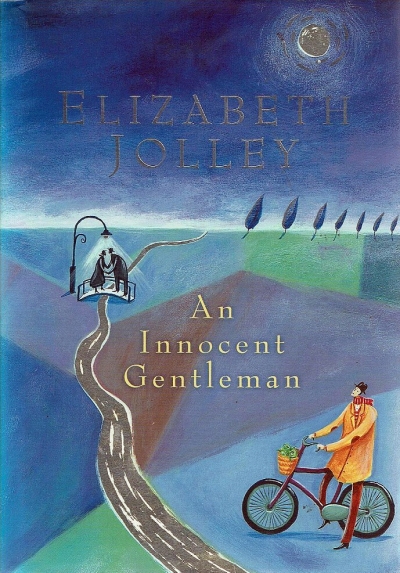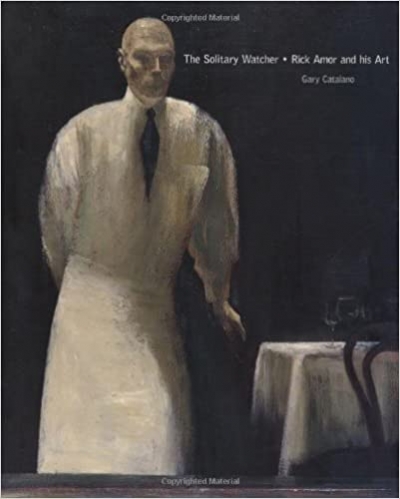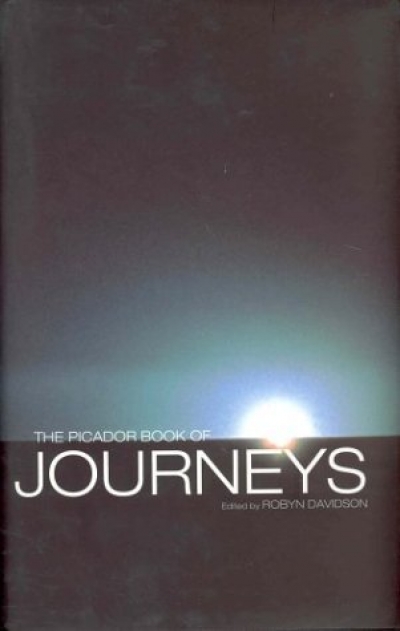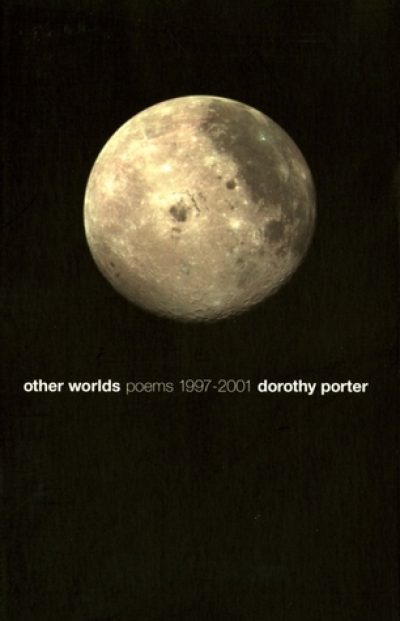Archive
The Singing Elms: The autobiography of Lauris Elms by Lauris Elms
My first thought on seeing the title was that Delaware Carpenter, the loveable ‘Professor’ in An Accommodating Spouse (1999) had made a comeback. While An Accommodating Spouse had a predominantly humorous tone, this new novel is serious. On one level, An Innocent Gentleman is a Bildungsroman for a married couple in which both need to be shaken out of their arrested development. All the usual ingredients are there: a father–son and mother–daughter conflict, an avuncular friend, an epiphanous journey from the provinces to a great city, a clash of cultures, illicit sex, the discovery of a Lebenslüge against the backdrop of World War II (the result of England’s Lebenslüge) and optimistic closure as a relationship is redefined. On another level, the novel continues to explore a familiar Jolleyesque motif: the Oedipal father–daughter and daughter–mother relationships, illustrated by the Persephone and Electra conflicts, respectively. In Jolley’s novel Foxybaby (1985), Miss Peycroft advises the novelist Miss Porch: ‘and for heaven’s sake don’t lose sight of the Oedipus and Electra complexes.’ Well, Jolley never did. They are thematic concerns in Miss Peabody’s Inheritance (1983), where the middle-aged Mr Frome marries the big-breasted Gwenda who is all of sixteen; in The Sugar Mother (1988), where Leila, another voluptuous teenager, is sold by her mother to the elderly and childless professor Edwin as a surrogate mother; and, most importantly, in My Father’s Moon (1989), which constructs a most complex Oedipal scenario that has the central character, Vera, seduce her (surrogate) father and betray her mother. In this new novel, however, those two complexes exist outside the narrative and refer to Jolley’s own troubled relationship with her mother and father.
... (read more)The Solitary Watcher: Rick Amor and his art by Gary Catalano
Ten days in Australia in July brought a remarkable round of studio visits plus an exhibition of new Australian painting, Phenomena, at the Art Gallery of New South Wales. Painting has had a hard time of it lately. Michael Wardell, curator of Phenomena, goes further: ‘throughout the twentieth century, painting has been under threat,’ claims the slightly melodramatic opening sentence of his otherwise modest and useful catalogue. The claim became even more of a reach at the AGNSW where, on the floor below Phenomena, you could see the pictures from the Orangerie with superb Cézannes, Picassos, Soutines and Rousseaus. None of them looked particularly threatened to me.
... (read more)‘A pox on the GST!’ wrote one of our many new readers last month when filling in her subscription form. ABR has long been famous for its feisty correspondence (never more so than last month). This editor is not about to disagree with our new subscriber. The imposition of GST on books and magazines surely rates as one of the crasser political acts in recent years. Anyone unsure of its effect on literature in this country should ask booksellers and publishers what sort of a year they had in 2000. Readers weren’t unscathed, either.
... (read more)In James Joyce’s Ulysses, Shakespeare is referred to as the happy hunting ground of all minds which have lost their balance. He is also referred to by Buck Mulligan, even less reverently, though with a distinct nationalist tilt, as ‘Shakespeare. I seem to recall the name. Ah, to be sure, the fellow who writes like Synge.’ Well, there probably are analogies between the greatest of all dramatists, who could also, as Donald Davie pointed out, use any word in the language he chose (and hence manipulated an extended diction), and the chap who set the Abbey Theatre stage on fire with the dynamic stylisation of Irish peasant speech in The Playboy of the Western World. Just as there are analogies between the poet who could write King Lear and the lonely Jesuit who wrote, ‘O the mind, mind has mountains: cliffs of fall / Frightful, sheer no-man-fathomed: / Hold them cheap may who ne’er hung there’, and all those tragic sonnets. Not to mention the fellow who posed in front of the bookshop sign in Paris.
... (read more)





